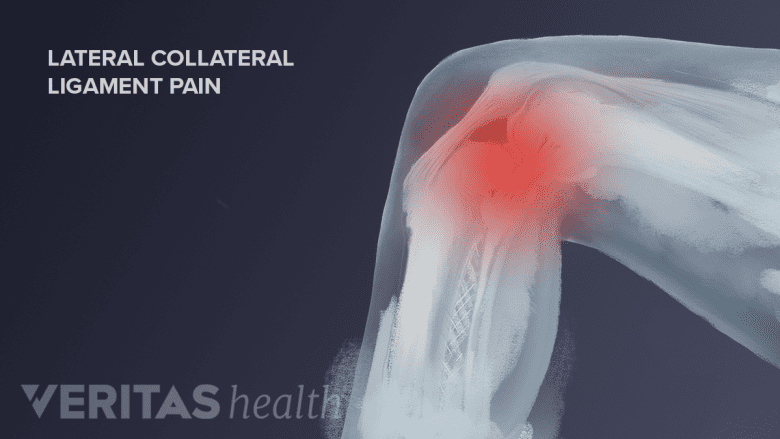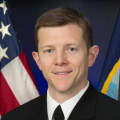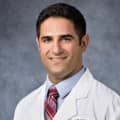People with knee lateral collateral ligament (LCL) injuries often report a combination of the following symptoms

LCL injuries cause pain to occur on the outside of the knee joint.
In This Article:
- Lateral Collateral Ligament (LCL) Injuries
- Symptoms of LCL (Lateral Collateral Ligament) Tears
- Lateral Collateral Ligament (LCL): Causes and Risk Factors
- Diagnosing Lateral Collateral Ligament (LCL) Tears
- Nonsurgical Treatment for LCL (Lateral Collateral Ligament) Tears
- Surgical Treatment for LCL (Lateral Collateral Ligament) Tears
- Pain along the outside of the knee. This can be mild to severe depending on the severity of the tear.
- Tenderness. The outside of the knee may be painful to the touch.
- Swelling along the outside of the knee. This can happen immediately following the injury or develop up to 2 or 3 hours after it occurred.
- Decreased range of motion. Certain movements, such as bending at the knee, may be difficult.
- Knee catching or locking. The knee may feel like it gets stuck during movement; a person may have difficulty fully bending or extending the knee.
advertisement
- Bruising. Some people may experience bruising around the outside of the knee, which is caused by tiny blood vessel tears under the skin.
- Trouble bearing weight. Depending on the severity of the injury, a person may have difficulty bearing weight on the affected leg, such as when standing and walking. People with more severe tears may develop instability and feel as if the knee is going to buckle or give way.
- Foot numbness. A person may experience foot numbness if the peroneal nerve, located near the LCL, is stretched during the injury or affected by tissue swelling.
advertisement
Some people may hear a “popping” sound at the time of injury.
Additional Symptoms
An LCL tear may occur alongside other injuries, such as an anterior cruciate ligament (ACL) or posterior cruciate ligament (PCL) tear. These injuries may cause additional symptoms.
advertisement


